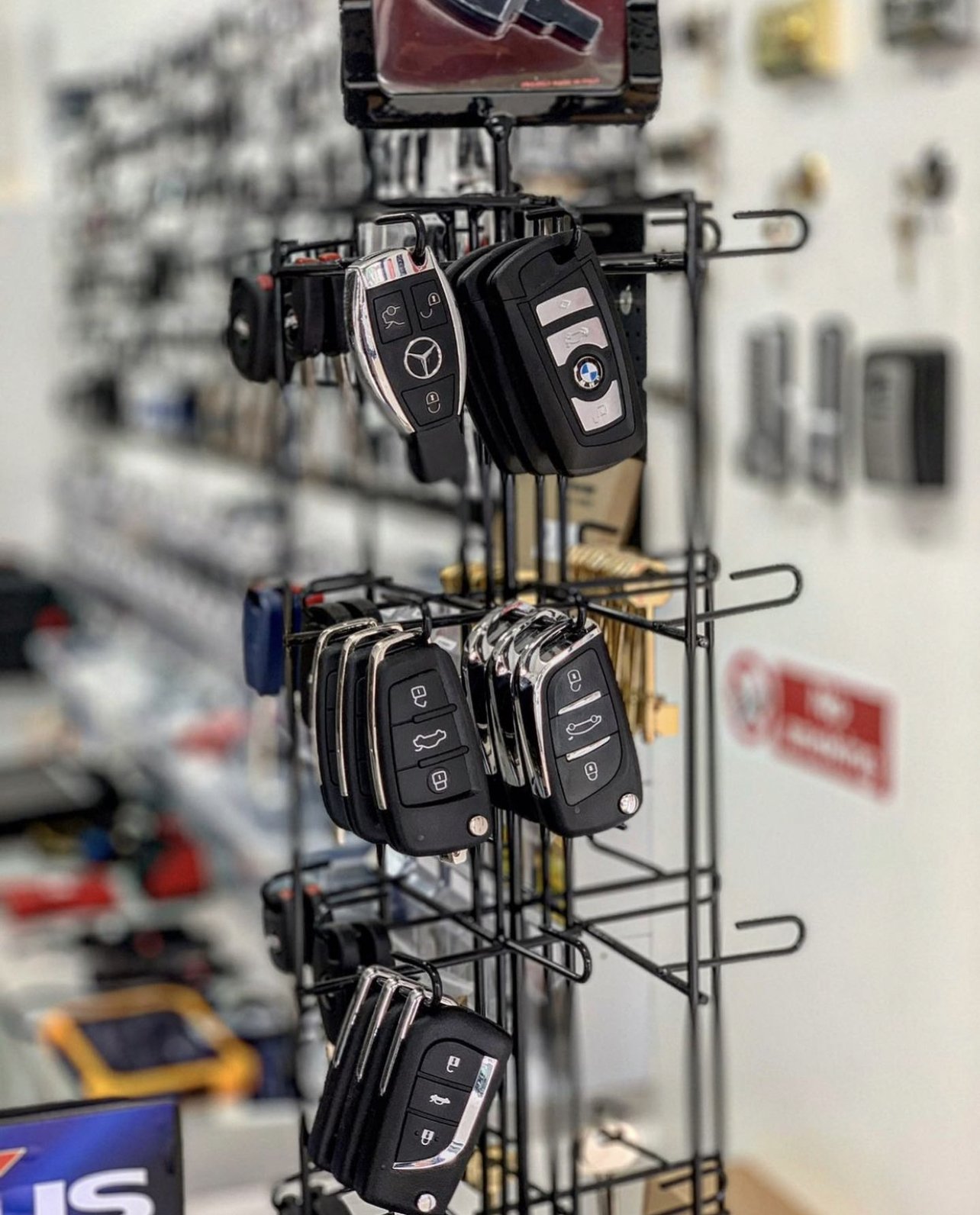Broken Key Repair: Solutions for Common Lock Issues
Intro
Keys are vital tools in our day-to-day lives, enabling us to secure our homes, lorries, and individual valuables. Nevertheless, mobile car key cutting can also break, leading to frustrations and hassles. Understanding how to resolve broken key concerns is essential for anyone wishing to keep their locks and guarantee access to their home. automobile locksmith near me covers numerous aspects of broken key repair, including common causes, repair approaches, and preventive measures to avoid future instances.
Common Causes of Broken Keys
Keys can break for several factors. Understanding these causes can help in avoiding future occurrences:
- Wear and Tear: Over time, keys can use down due to regular usage, causing weakened shafts that are most likely to break.
- Poor Key Design: Keys that are improperly created might lack structural integrity, making them more vulnerable to breaking under stress.
- Inaccurate Key Usage: Using extreme force to turn a key, specifically in a jammed lock, can easily lead to a damage.
- Ecological Factors: Extreme temperature levels or exposure to wetness can weaken metal keys, resulting in brittleness.
- Lock Malfunctions: A malfunctioning lock can put undue tension on a key, triggering it to snap throughout operation.
Indications of a Broken Key
Identifying a broken key frequently includes apparent signs. Here are some indications:
- Partial insertion into the lock: If the key can not be completely inserted or eliminated.
- Sudden resistance: If the key feels stuck when being turned.
- Noticeable divides or fractures: Inspecting the key can expose fractures or breaks in the metal.
- Insufficient engagement: The key may turn less than required to actuate the lock.
Techniques for Broken Key Repair
When confronted with a broken key, there are a number of methods to consider for repair. It is necessary to pick the ideal one based upon your specific scenario.
1. Eliminate the Broken Key
If a key breaks within a lock, the first action is to eliminate the broken part:
- Use tweezers or needle-nose pliers: If a piece is protruding of the lock, carefully pull it out.
- Insert a key extractor tool: This customized tool can assist extract lodged parts more effectively.
| Tool | Best Used For |
|---|---|
| Tweezers | Shallow extraction |
| Key extractor tool | Deeply lodged key pieces |
| Lubricant spray | Easing extraction of stuck parts |
2. Superglue Method
For situations where a key has partially broken but is intact enough to stay gripped, the superglue method may use a short-term fix.
- Clean the broken surface areas completely.
- Use a thin layer of superglue.
- Hold the pieces together for a couple of minutes until the glue sets.
Note: This approach is not a long-term option and ought to be utilized with care as the repair can easily fail under operational stress.
3. Metal Epoxy
For a more robust repair, metal epoxy provides a stronger bond than superglue.
- Follow the guidelines on the epoxy packaging for preparing the adhesive.
- Apply to the broken location and hold until set (typically a couple of hours).
4. Duplicate the Key
In instances where lock performance is vital, developing a duplicate key is frequently the very best path:
- Visit a locksmith: Many locksmiths can reproduce keys quickly and efficiently.
- Utilize a key-tracing service: Some locksmiths utilize tracing approaches to cut an identical key based upon the remnants.
5. Lock Replacement
When keys consistently break, it may be due to lock problems rather than key stability. In such cases:
- Consult a locksmith to evaluate the lock's condition.
- Consider changing the lock entirely if considerable damage or wear appears.
Preventing Key Breakage
Avoiding key breakage is frequently better than repair. Here are some useful suggestions:
- Limit force on keys: Always turn keys carefully to avoid unnecessary stress.
- Regular key evaluation: Check for wear and change keys revealing indications of damage.
- Use a keychain: Prevent extreme flexing by using a durable keychain.
- Lube locks: Ensure locks operate smoothly to lower pressure on keys.
- Store keys properly: Avoid putting keys in environments that can cause rust or corrosion.
Frequently Asked Questions About Broken Key Repair
1. Can I repair a broken key myself?
Yes, you can attempt to repair a broken key yourself using techniques like the superglue or metal epoxy strategies. Nevertheless, these are short-lived fixes, and it is recommended to seek advice from a professional locksmith for a more durable option.
2. Is it worth fixing a broken key?
In many cases, especially with sentimental or special keys, a repair might deserve it. For standard keys, replication or replacement is usually more efficient and trusted.
3. How can I avoid my keys from breaking?
To avoid damage, ensure that keys are not subjected to excessive force, frequently check them for wear, and keep locks well-kept.
4. When should I look for a locksmith's aid?
If you are unable to remove a broken key from a lock or if the lock malfunctions regularly, it's finest to look for a locksmith's knowledge.
Broken keys can present a significant inconvenience, however they are manageable with the right method. By understanding the typical causes and readily available repair methods, individuals can respond effectively to key breakage. Drawing from preventive procedures will also assist maintain key integrity and performance. Eventually, a proactive method to key and lock upkeep can substantially minimize the frequency of these irritating concerns.

